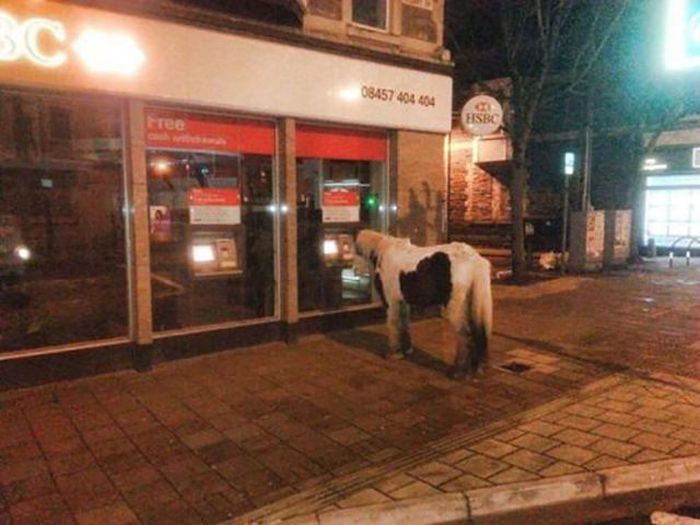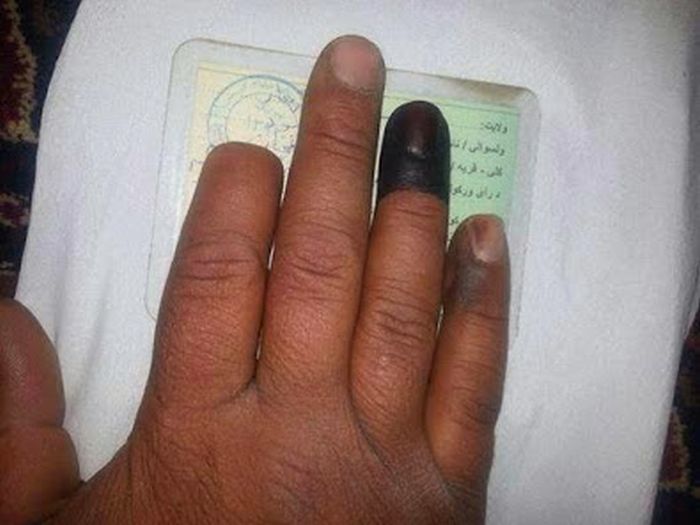We haven't spoken much about death son. It's a funny old thing. As a scientist, you know entropy will happen. Decay is part of life and death&taxes are inevitable.
This is a very loving and moving story about a 55 year old man coming to terms with his fathers death.
I think the first time death touched me sort of personally was when my grandmother died. I still remember baba getting the call in the morning and him weeping on the phone. And then we left for Jabalpur. But it didn't touch me that personally. I mean I didn't feel grief son. She was too remote to me.
But when my uncle, babaji's elder brother died, and we were taking his body to the medical school where he had donated his body, I remember sitting in the back of the van and weeping. I missed that old man. And that was because of regrets. That's why you cry son, when somebody dies. Because you regret all the things you never did or said to the departed soul.
Babaji then went through 2 open heart surgeries and then the Bhopal gas tragedy burnt out any feeling of fear for death. But I vowed that I will never feel regret for anybody's passing son. The way to avoid regret is to do and say all what you want this life so that when the person dies you do not weep but are happy because the person lived long and prospered and was happy. No regrets son.
I'm proud of what you have done up till now and what you have become son. If something happens to be today I will be happy and at peace because you have become a man and I know you will take care of the family son. And we have done much with each other. Laughed scolded cooked swum played and joked. But that's from my perspective son.
That's why we are going to India next month. To celebrate babaji's 80th birthday. To make him happy and cuddly. Have his family with him. He is so proud to hear that you got through in Oxford in ppe. His heart is near bursting with pride like mine. You have exceeded both of us and that's what we want kannu. But to go back and help babaji know the love and talk to him and listen and hug and kiss and and and. To ensure we never feel regret.
To close it off son, never have any regrets. Laugh and smile.
Love
Baba.
Nobody's Son
http://www.newyorker.com/online/blogs/books/2014/01/nobodys-son.html
January 7, 2014
Posted by Mark Slouka
![son-580.jpg]()
1
I lost my father this past year, and the word feels right because I keep looking for him. As if he were misplaced. As if he could just turn up, like a sock or a set of keys.
It’s not unusual. In fact, nothing about his death, or my grief, is unusual; there’s no news here—nothing remotely tragic. I know what tragic is: eight days before my father died, a skinny young man walked into an elementary school fifteen minutes from where I live and killed twenty children, something so outrageous that the laws of physics should have stuttered in sympathy, the thrown rock cleared the horizon, the bouncing ball kept bouncing forever.
My father’s death was not in that universe of things. Really, nothing happened. An old man who seventy years ago had held the national Czech junior record in the eight-hundred-metre run walked out of a restaurant in Prague that he went to every day, started making his way up the sidewalk with the cane that I had bought him, complained of feeling weak, sat down on the stoop of 74 Vinohradska street, and died. He was not a person of interest; he’d pass through the mesh of the New York Times Obituary section like dust. He’d lived a long, heartbreaking, and extraordinary life, lived it, on the whole, more decently than most, and when he came to the end of it, he died. It doesn’t get more ordinary than that—the dying part, at least.
Except that he was my father. And grief, like love, is resistant to reason. It was him and me. And now it ain’t.
I have other loves in my life that are greater. It helps. And it doesn’t.
I can’t look at his picture yet. Not yet. I will.
Au revoir, Gerard Depardieu

